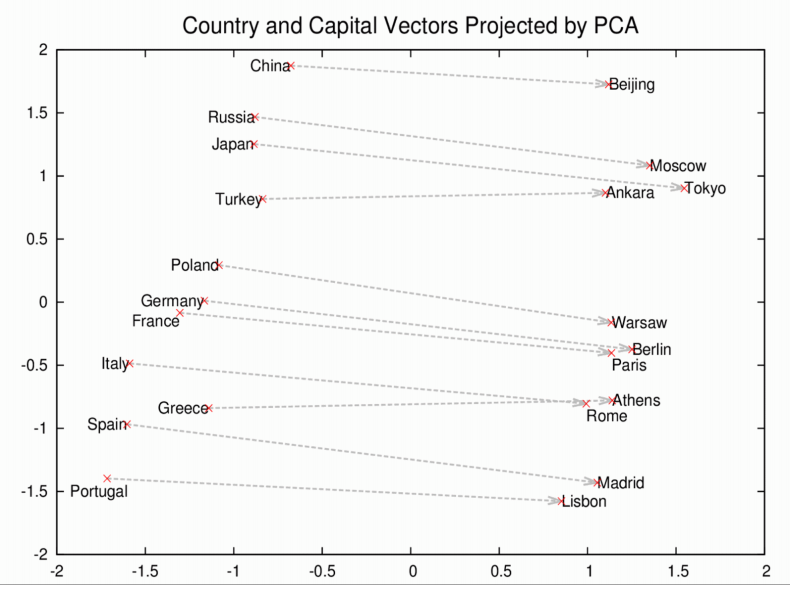Suppose I have a list of strings that captures a sub-field of academic research and would like to group them as higher-level fields. For example,
'Quantum Mechanics' => 'Physics'
'Abstract Algebra' => 'Mathematics'
....
My understanding is that standard NLP techniques may not fit here, because the relationship between sub-fields and fields are linked by its meanings but not word-frequency or word-embedding etc.
I wonder if there is anything done that could be useful to tackle this problem (papers or packages)?

